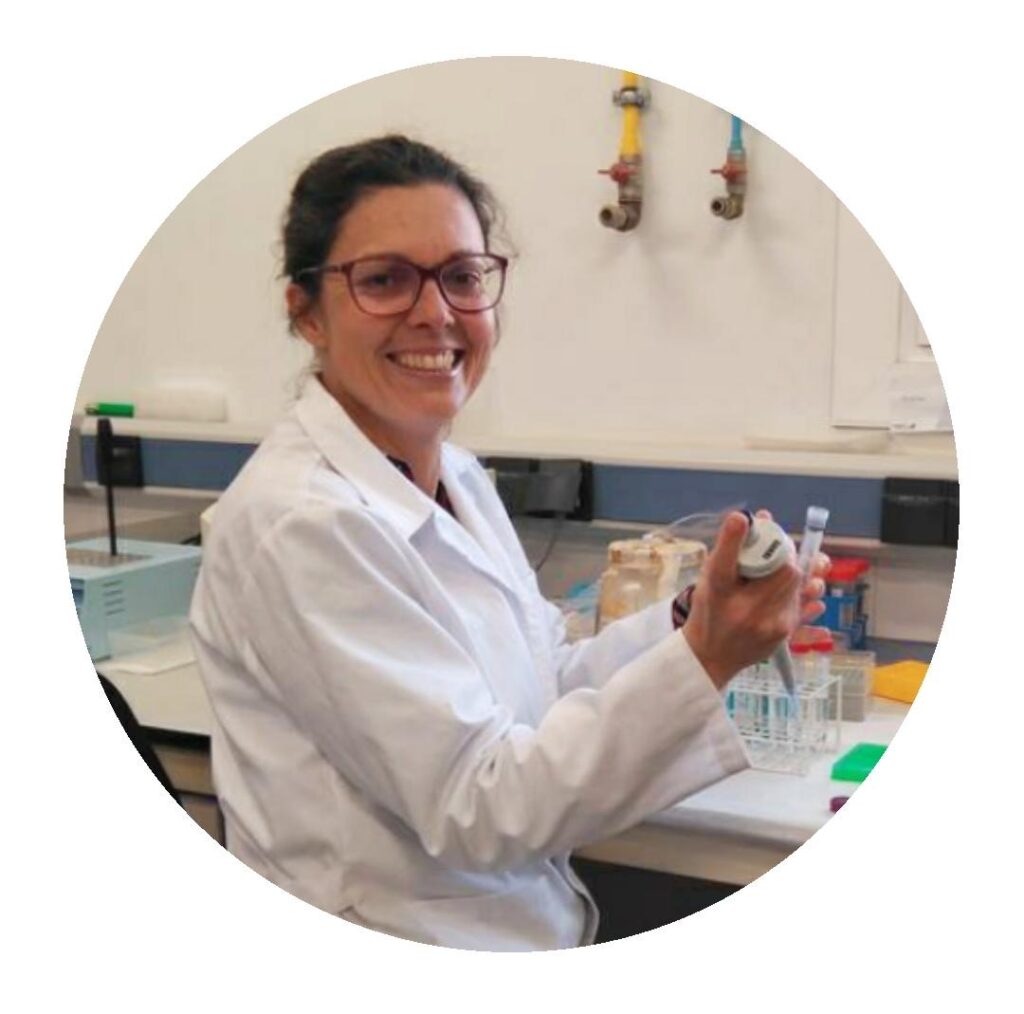
Currently, She is Associate Professor in the Department of Biochemistry, Microbiology, Cell Biology and Genetics at La Laguna University. Her research has been focused on the genetics basis of different neoplasms, starting with cancers of blood cells during the postgraduate thesis and focused on the role of tumor suppressor genes in leukemia development. Later on, Dr. Almeida joined Dr. N. Papadopoulos group at the Institute of Cancer Genetics in the Department of Pathology at Columbia University, New York, were she obtained a grant to study the role of APC/β-catenin pathway in prostate cancer. After the first year in Dr. Papadopoulos lab, the laboratory moved from New York to the company GMPGenetics, in Waltham, Massachusetts. In this company, she was trained extensively in tissue culture techniques and in the development of high-throughput automation protocols for genetics and genomics. After 24 months, Dr. Almeida moved back to La Laguna University as assistant professor, where she started to collaborate with other research groups in the cellular and molecular mechanisms involved in the progression of uterine leiomyomas and in human reproduction. As a result of these collaboration 15 years ago, she has published several papers in first quartile journals of the Obstetrics & Gynecology and Human Reproduction category, including Gynecology Oncology, Fertil & Steril, Human Reproduction and Biology of Reproduction, among others. As a result of these publications she was invited to become a member of the Fibroid Special Interest Group (FSIG) at the American Society for Reproductive Medicine by the Chair of the Group Dr. William H. Catherino.
Dr. Almeida has participated in 8 competitive R&D research projects, 3 of them as principal investigator, 8 projects with local and one project financed by GEDEON/RICHTER company to evaluate the transcriptome in different uterine tissues from women taking ulipristal acetate (ESMYA) to treat symptomatic uterine leiomyomas. During the last three years, she started collaborating with the DDSys group to create a multidisciplinary research group focused on the development of organotypic cultures of uterine leiomyoma as a drug-testing platform of controlled-release systems.